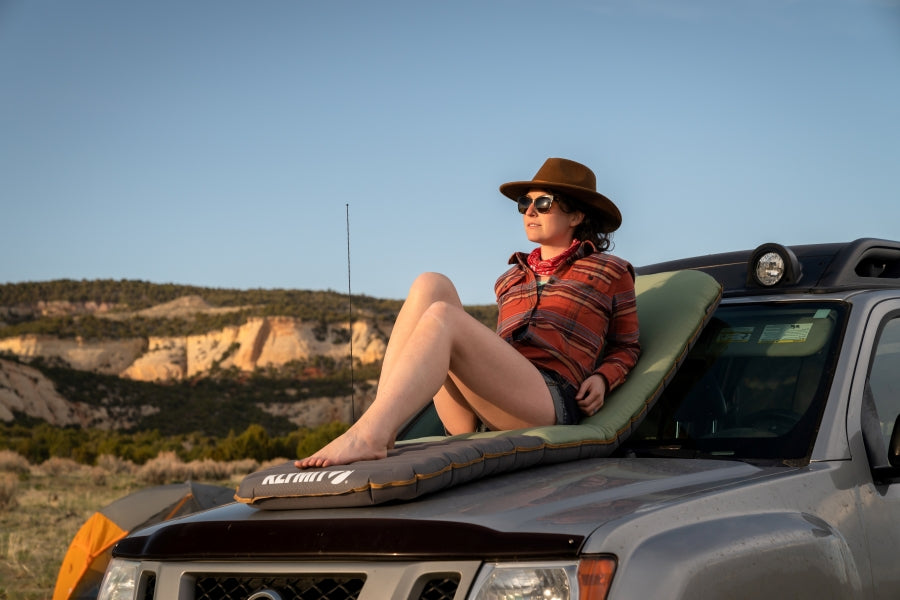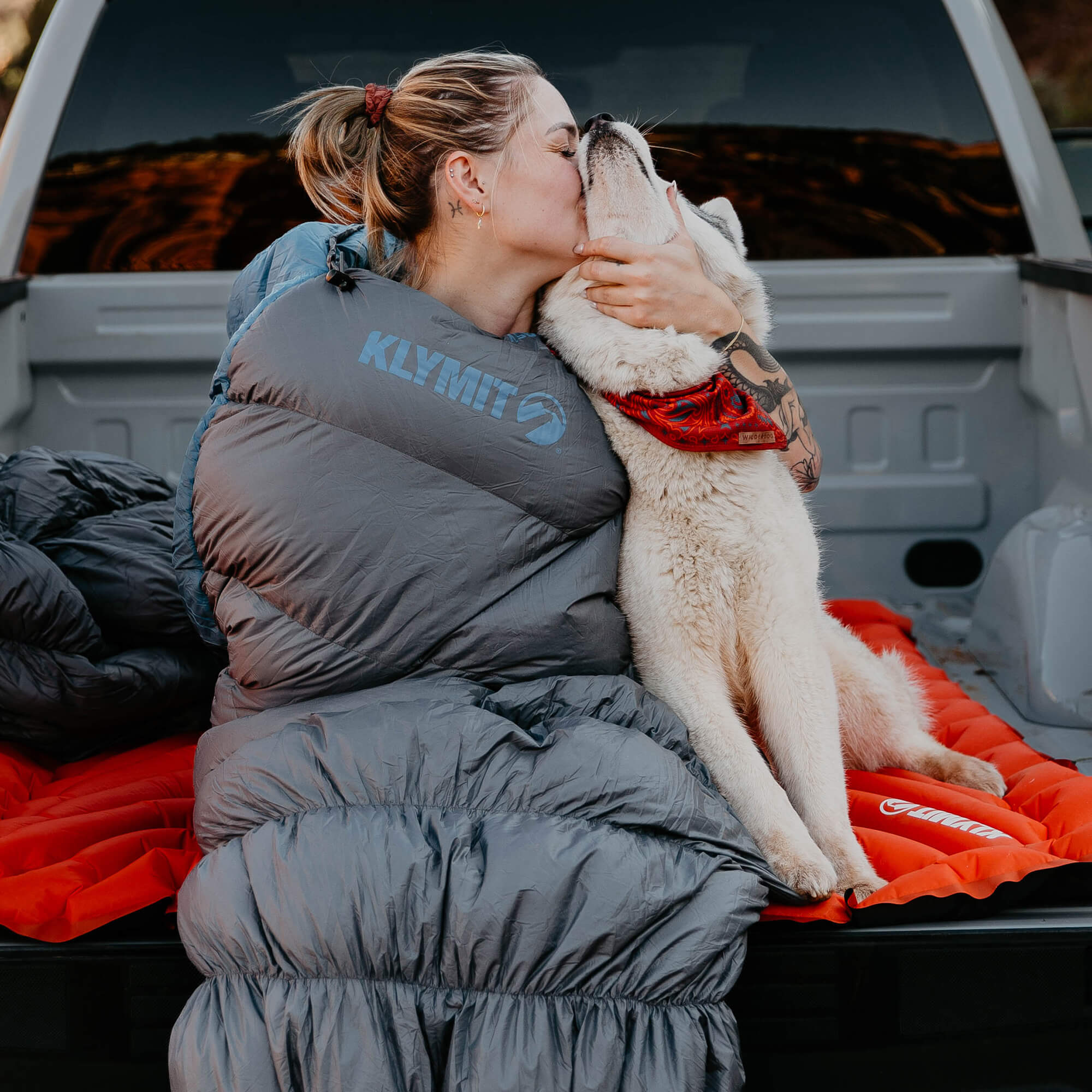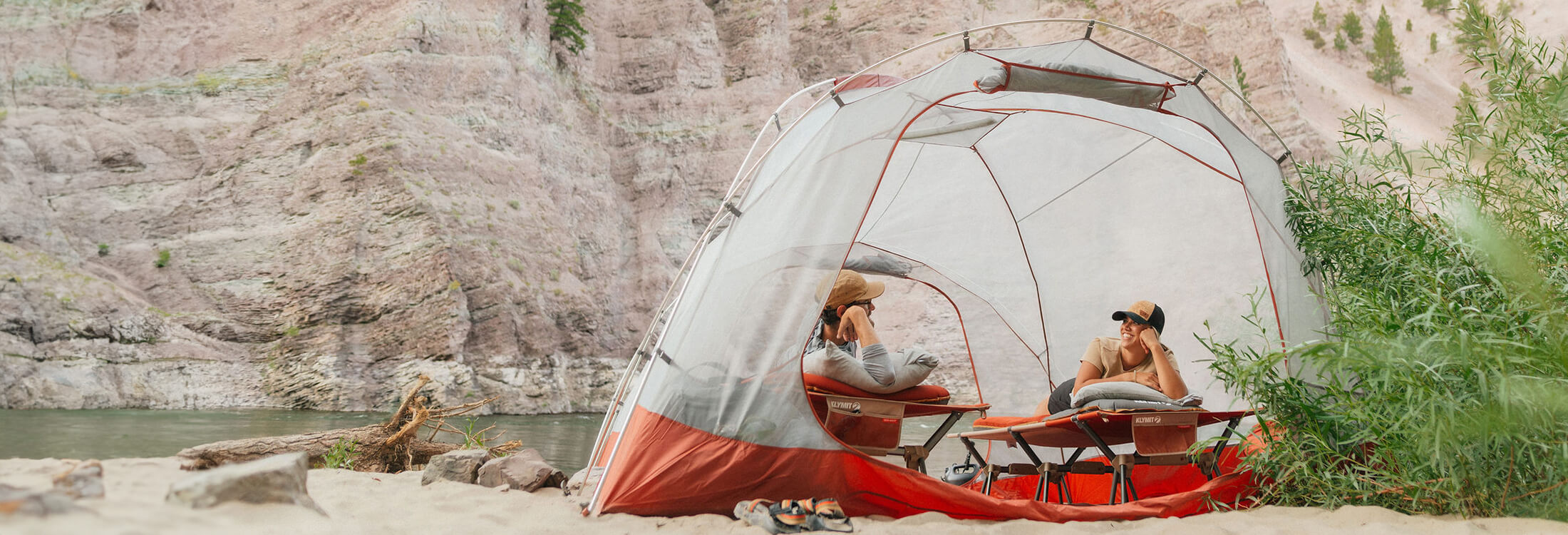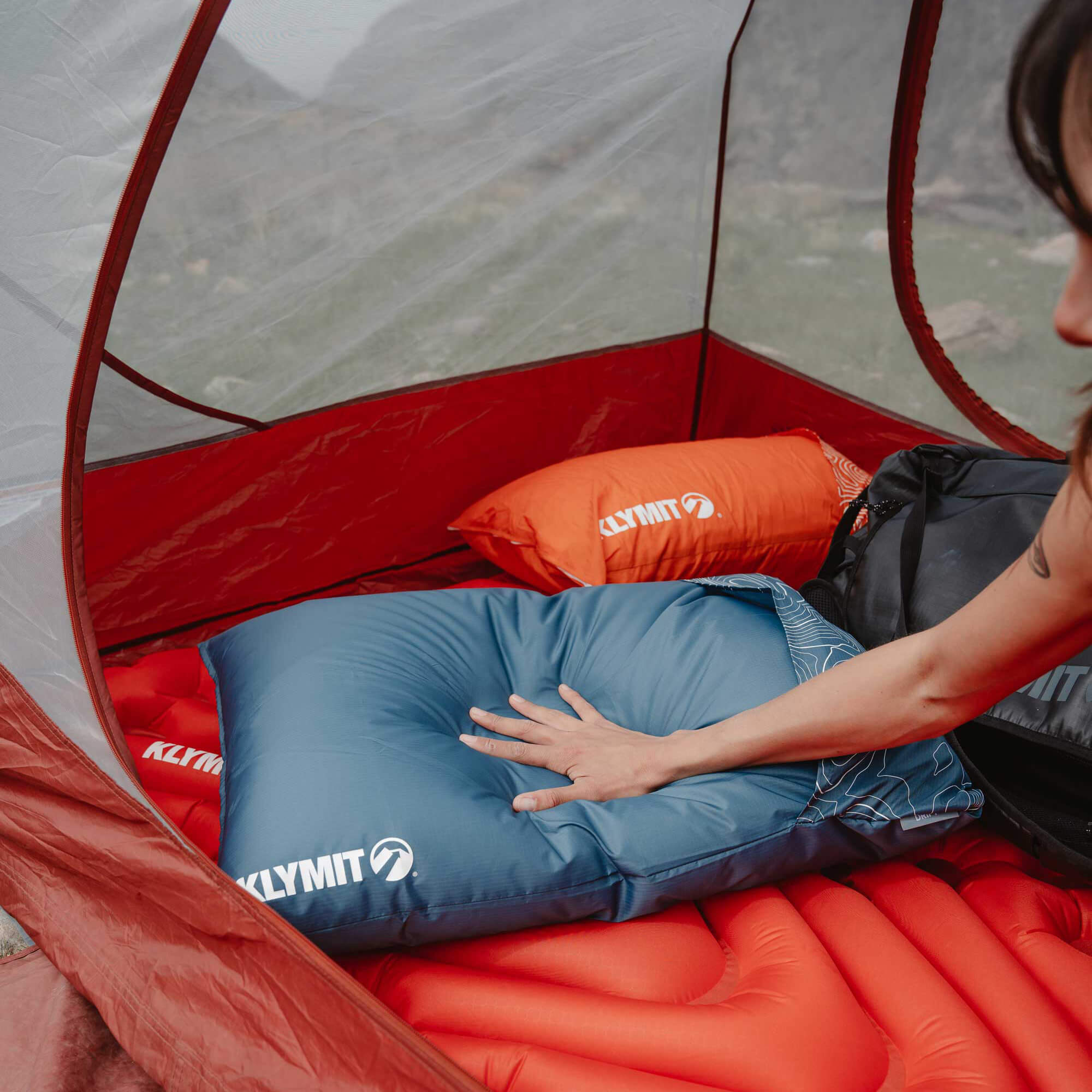Winter camping offers a unique challenge that draws people in with its solitude, silence, and the beauty of snowy landscapes. While it is demanding, a successfully endured winter camp provides a sense of pride and a deeper connection to our primal instincts. It’s a test of resilience—will you take it on?
Preparing for Winter Camping
Choosing the right camp location is crucial for a successful and enjoyable trip. A good camping spot can provide you with stunning winter landscapes, access to activities like skiing or snowshoeing, and the peace and quiet that comes with being surrounded by nature. Before deciding on a location, consider factors like:
- Accessibility: Look for campsites that offer sheltered areas, access to water sources, and proximity to trails or other points of interest. If camping in a more remote area, check the route to get there to make sure it is accessible with the type of vehicle you have. Avoid avalanche prone areas.
- Weather Conditions: It’s extremely important to check the forecast before heading out to camp in colder seasons. Cold weather brings tremendous risks like frostbite and hypothermia, so it’s important to prepare correctly for whatever the weather may bring. Note precipitation percentages, humidity, and sunset/sunrise times.
- Available Amenities: Make sure to check your chosen campground for available amenities that are important to you. This can include bathrooms, access to roads, pet friendly accommodations, and water stations. Many camping areas are closed during winter months, so be sure to check the dates of when canyons and camp spots are available.

Once You’ve Set Up Camp
To have an enjoyable winter camping experience, staying warm is essential. With the right preparation, including understanding how to insulate and manage moisture, you can effectively
manage challenges and overcome obstacles in the winter environment. Here are our tips to stay safe and comfortable:
-
Storing Gear: Keep your socks, boot liners, and gloves inside your sleeping bag overnight. This helps keep those items warm so when you get dressed in the morning, it won’t be so painfully cold. Put your gear inside the tent to create extra insulation if you find your tent has extra room and air space around your pad and sleeping bag. Just be aware of corners of the tent and where the tent walls connect to the tent floor for condensation.
-
Consider Condensation: Refrain from sticking your head inside your sleeping bag while sleeping, because your breath creates more moisture than you think. This can cause a buildup of condensation inside your bag and can in turn create a damp environment prone to freezing. Wear a beanie or face mask to keep your head warm while outside of your bag.
- Keep Warm: Boil some water and store it in a stainless-steel bottle. Place it inside your sleeping bag before bed to get a head start on heating up your sleeping situation. Try using hand warmers in your gloves and feet warmers to keep your extremities warm. These days there are many ways to use a portable heater while camping in cold weather which can be extremely useful, just make sure to read all safety warnings.

Final Thoughts for Preparation
-
Be Respectful: As outdoor enthusiasts, it is our responsibility to minimize our impact on the environment and preserve the pristine beauty of winter landscapes. Leaving no trace and practicing responsible camping techniques is paramount.
-
Pack It in and Out: To “leave no trace” means packing out all trash, avoiding unnecessary campfires, and using designated campsites whenever possible. Plan how you will carry out garbage and get the right gear to keep warm if you can’t have a fire.
- Wildlife: Be mindful of wildlife and their habitats is crucial for your safety and the safety of your environment. Make sure to research which critters can be found your camp spot and be aware of the impact you can have on each other.
Researching your camping location, route, and weather conditions is crucial for a safe and memorable winter camping experience. Thoughtful planning not only enhances your adventure but also helps preserve the wilderness for future generations, allowing all of us to enjoy the beauty of winter camping while respecting and protecting the environment.





